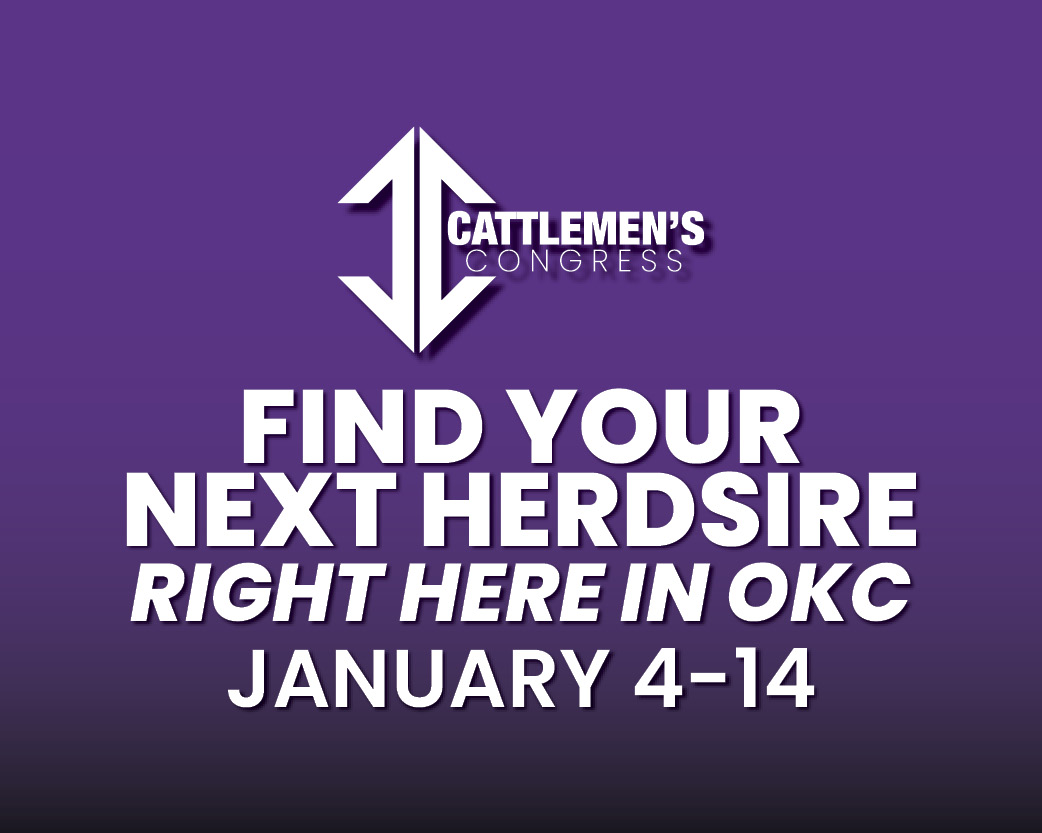
Agricultural News
Lucas Statement on Senate Passage of Coronavirus Economic Stimulus Legislation
Thu, 26 Mar 2020 07:28:43 CDT
Congressman Frank Lucas (OK-03) released the following statement after the U.S. Senate passed the Coronavirus Aid, Relief, and Economic Security (CARES) Act by a vote of 96-0.
The CARES Act provides direct financial help for the American people, ensures rapid relief for small businesses and their employees, takes significant steps to stabilize the American economy while protecting jobs, and supports our nation's healthcare professionals and patients who are combating the coronavirus within our communities.
"Today, the Senate took additional steps to ensure American workers, families, and business owners no longer have to tackle this economic crisis alone. I applaud my colleagues in the U.S. Senate for passing this bold piece of legislation that will deliver much-needed relief to the American people," said Congressman Lucas.
"For those who have lost work, the CARES Act offers direct and immediate assistance. For our nation's small businesses, it offers emergency capital so small businesses can provide stability for their workers during this disruption. For America's agriculture producers, it provides crucial assistance by adequately funding the Commodity Credit Corporation.
But most importantly it continues to increase our health care system's resources needed to combat the virus itself.
While the crisis that has brought our economy to a near halt continues to impact the American way of life, I urge my House colleagues to immediately consider and pass the CARES Act. Our workers cannot wait. Our small businesses cannot wait. And our healthcare professionals and their patients cannot wait."
Background:
The CARES Act would address supply shortages, allocate additional funds for the Strategic National Stockpile, to procure personal protective equipment and other medical supplies, support health care workers and hospitals, and funds research of new treatment and vaccines to combat this pandemic.
• $45.4 billion for Federal Emergency Management Administration (FEMA), the agency President Trump has tasked to take over the COVID-19 response. Specifically, the funding will go to FEMA's Disaster Relief Fund to continue response and recovery activities and reimbursements provided to states and localities during this critical time.
• $100 billion for hospitals to ensure healthcare providers continue to receive the support they need for COVID-19 related expenses and lost revenue.
• $16 billion for the Strategic National Stockpile (SNS), which can purchase medical supplies equipment, and medicine to be distributed to states.
• $11 billion for vaccine, therapeutics, diagnostics and other medical or preparedness needs, which will advance construction, manufacturing, and purchase of vaccines and therapeutic delivery to the American people.
• $4.3 billion for Centers for Disease Control (CDC) and Prevention for public health initiatives. Specifically $1.5 billion designated for state and local preparedness and response activities.
• $1.32 billion to Community Health Centers, who are often on the front lines of treating and testing for COVID-19 in rural areas of Oklahoma.
• Expands the use of Telehealth medicine to surge capacity and diagnose and treat patients in safe and faster environment.
• $275 million in Health Resources and Services Administration grants to expand services and capacity for rural hospitals and telehealth.
• Extends expiring health extenders to November 30, 2020
• $1.7 billion - Assistance to Tribal Communities (Indian Health Service, Bureaus of Indian Education/Affairs, and Food Distribution)
The CARES Act would provide emergency relief to workers, families, and small businesses, issue loans to distressed industries, provide flexibility and debt relief to local businesses, expand unemployment benefits, and offer direct assistance to American workers and families through a one-time tax rebate.
• $1,200 per individual and $500 per child direct payments in the form of a one-time tax rebate. There are no earned income or tax liability requirements to receive these rebate checks. The full rebate amount is available for those with incomes at or below $75,000 for individuals, $112,500 for head of household, and $150,000 for married couples.
• Creates a "Paycheck Protection Program" for small employers, self-employed individuals, and "gig economy" workers, with $350 billion to help prevent workers from losing their jobs and small businesses from going under due to economic losses caused by the
COVID-19 pandemic. The "Paycheck Protection Program" would provide 8 weeks of cash-flow assistance through 100 percent federally guaranteed loans to small employers who maintain their payroll during this emergency.
• Requires the U.S. Small Business Administration to pay all principal, interest and fees on all existing SBA loan products including 7(a), Community Advantage, 504, and Microloan programs for six months.
• $250 billion to expand unemployment benefits, providing economic relief and much needed support for workers.
• Increases benefits more generous by adding a $600/week across-the-board payment increase through the end of July. In addition, for those who need it, the bill provides an additional 13 weeks of benefits beyond what states typically allow.
• Provides loans in the amount of $50 billion for passenger airlines, $8 billion for cargo airlines, and $17 billion for businesses critical to maintain national security.
• Waives the 10% penalty on coronavirus-related early distributions from 401(k)s and IRAs, which applies to distributions made at any time during 2020.
The CARES Act would provide relief for America's farmers and ranchers and would allocate new funding to agriculture producers, including livestock producers, who have been negatively impacted by current market conditions.
• $9.5 billion in new funding to help producers, including livestock producers, that have been impacted by the coronavirus.
WebReadyTM Powered by WireReady® NSI
Top Agricultural News
More Headlines...





